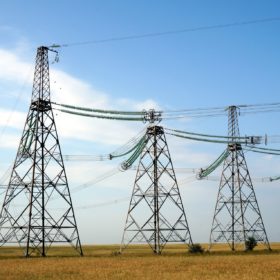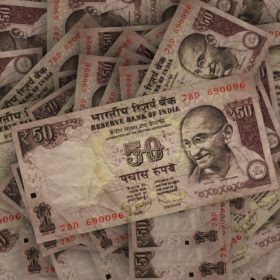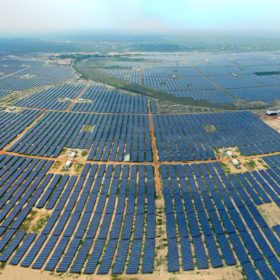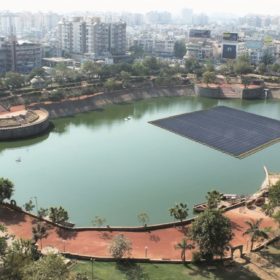SECI to supply almost 1.3 GW of clean power through deals signed in the last four weeks
With the power minister hinting a new renewable energy tariff policy could be in the works, the federal agency responsible for solar – which has come under fire after the latest delay to a troubled PV manufacturing tender – has boasted of the volume of clean power it has signed deals for recently.
The energy transition is easily affordable but all hope of 1.5C warming will vanish in 2028
Technical consultancy DNV GL has published its Energy Transition Outlook 2019. While the electric vehicle, storage and renewable energy industries are likely to see significant rises in demand, the sobering conclusion is the world will miss carbon reduction targets by a long shot.
SECI extends 6 GW manufacturing tender deadline again
The Solar Energy Corporation of India has extended the deadline yet again for a procurement exercise originally intended to secure 5 GW of PV manufacturing capacity and 10 GW of generation assets 13 months ago. The deadline for bidding for 2 GW of production and 6 GW of generation capacity is now October 11.
Minister advises developers to turn to court to secure clean energy monies owed by electric utilities
The financial failings of India’s electric companies have once again come to the fore as the power minister warned the seven worst offending states the lengthening debts they owe renewables developers could be recovered via the National Company Law Tribunal.
NLC commissions 95 MW solar capacity in Tamil Nadu
With this addition, the total installed renewable energy capacity of the state-owned power generator has exceeded 1 GW.
Hundreds of MW of floating PV set to come online in India
With developers facing land constraints, a huge pipeline of floating PV projects is currently in the early stages of development in India. While the outlook for solar on water in the fast-moving solar marketplace appears bright, there is much industry learning still to be had and a steep learning curve for component suppliers and developers alike.
Jammu & Kashmir presents a Rs11,000-crore solar opportunity by 2022: Care Ratings
The state with power deficit of up to 20% provides the opportunity to scale up the solar capacity to 2 GW by 2022, which would require an investment of Rs11,000 crore.
Eric Luo: China will see just 20-25 GW of solar per year through 2025
The GCL System chief executive made comments that fly in the face of an expected solar gold rush in China that analysts predict will start this month. Though rising overseas demand will address overcapacity fears, according to Luo, the soundbite is sure to chill PV boardrooms across the world’s biggest solar market.
REIL tenders for installation of 270 EV charging stations
The chargers will be set up in six cities (Agra, Bengaluru, Goa, Hyderabad, Ranchi, Shimla) and along Delhi-Jaipur-Agra-Delhi and Mumbai-Pune-Mumbai highways.
Innolia Energy to invest Rs225 crore in solar module and EV product manufacturing
The U.S. company claims its 300 MW manufacturing plant in Hyderabad will deliver a fully integrated and customizable system solution of solar panels, lithium battery packs and controllers under a single roof.















